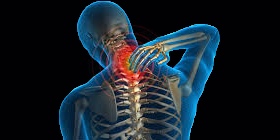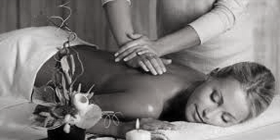
Many people come to acupuncture for help with specific symptoms or conditions. These might include anxiety states, arthritis, asthma, back pain, circulatory problems, depression, facial paralysis, fibrosis, high blood pressure, indeterminate aches and pains, infertility, menstrual problems, migraines, rheumatism, sciatica, skin conditions or ulcers.

Most people’s experience of needles is of those used in injections and blood tests. Acupuncture needles bear little resemblance to these. They are much finer and are solid rather than hollow. When the needle is inserted, the sensation is often described as a tingling or dull ache


Most people find acupuncture relaxing and often feel very calm after a treatment. You may feel a little tired or sleepy and should take this into account if you are planning to drive or use heavy machinery straight after your treatment. You should refrain from vigorous exercise after treatment and, ideally, give yourself a little time to rest. It is also advisable not to drink alcohol for several hours after treatment. Acupuncture has very few side effects and any that do occur are usually mild and self-correcting. Cupping and guasha can sometimes temporarily mark the skin. Such bruising is painless and generally clears within a day or two.


Before your first acupuncture session there are several things you should bear in mind. Many commonly used acupuncture points are located on the lower arms and legs, so it is helpful to wear clothing that allows easy access to these areas, try not to go for treatment on an empty stomach or straight after a heavy meal do let your practitioner know if you are completely new to acupuncture so they can take extra time to explain what happens and ensure you are comfortable with the process.